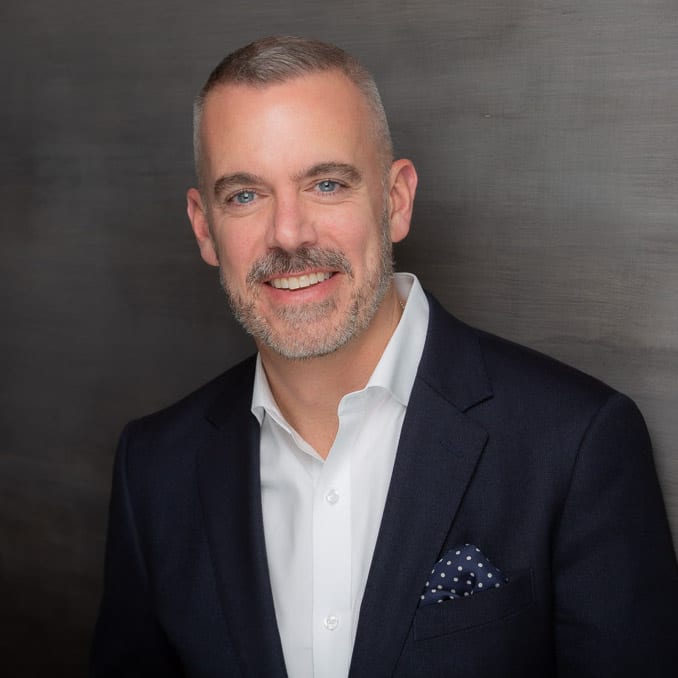 I present these thoughts without political bias. Well, maybe I present them with a tiny bit of political bias, but with a big old helping of opinions about leadership. Consider this one guy’s observations about what it really means to be an authentic leader—oh, and basketball. I was recently traveling outside the U.S., which, in this case, meant that my sole source of broadcast television news (like, on an actual television) was CNN. It was fun to spend a week watching the U.S. news unfold from an international perspective. Until it also led me to the conclusion that despite our global position as an important and influential democracy, we in the U.S. are giving the rest of the world the impression that we’ve lost our minds.
I present these thoughts without political bias. Well, maybe I present them with a tiny bit of political bias, but with a big old helping of opinions about leadership. Consider this one guy’s observations about what it really means to be an authentic leader—oh, and basketball. I was recently traveling outside the U.S., which, in this case, meant that my sole source of broadcast television news (like, on an actual television) was CNN. It was fun to spend a week watching the U.S. news unfold from an international perspective. Until it also led me to the conclusion that despite our global position as an important and influential democracy, we in the U.S. are giving the rest of the world the impression that we’ve lost our minds.
It went something like this… As the national voting population continued to weigh the merits of potential commanders in chief, those very candidates debated the merits and assumed shortcomings of small hands. Political rallies designed to enlighten and engage instead provided forums for dim acts of rage. One former First Lady passed on, while another passed on an ill-informed perspective on the former’s social contributions, which begat a she said/but she meant to say news cycle. And then there was Just. So. Much. Yelling. by candidates and pundits, both with equal measure of volume. The cacophony that surrounds this national debate (with international ramifications) led me to ponder the meaning of authenticity—that intangible quality that we all seek in leaders, in ourselves and in those with whom we surround ourselves.
I looked into a few definitions of the word “authentic,” because I realized I was conflicted about what I was seeing. One source defined authentic as “genuine; of undisputed origin.” Ugh. Just because these examples of democratic irrationality were alarming to me didn’t mean they weren’t examples of authenticity, right? We’ve all worked with or been in the presence of leaders with whom we disagreed or whose views and vision were not congruent with our own. But that didn’t mean they weren’t authentic. One doesn’t need to be aligned to be authentic. But then I found a definition that made it all click for me. “Authentic: from existential philosophy, relating to an emotionally appropriate, significant, purposive, and responsible mode of human life.”
Emotionally appropriateness is in the eye of the emoter, I suppose. But we know appropriate leadership when we see it. It’s balanced. It’s measured. It’s not erratic or misplaced. In this construct, authenticity means we can count on someone to be emotionally established. Significant and Purposive. Leaders define what matters—and who matters, too. Who wouldn’t want to follow someone who helps show what we should care about for reasons that will benefit the greater good, or the action we can individually take to advance a purposeful mission? Responsible. It’s hardly mine to say what’s responsible, but these few weeks have certainly caused us to search harder for examples of it.
My nephew is a freshman at Virginia Tech so, as I continued this search for the meaning of authentic leadership, the story about the school’s head basketball coach blew up the internet again. This time I paid a little more attention. As the story goes, Coach Buzz Williams wanted to teach his young men about the importance of standing during the National Anthem so he asked some real heroes—veterans—to come and tell them their stories and what the anthem meant to them. I don’t know the first thing about basketball but emotionally appropriate? Significant and purposive? Responsible? Check, check, check.
It’s not my mission here to advocate for a party, a candidate or a cause—nor is it really any of my business. But it is my intention to rally for more authentic leadership and urge all of us—particularly those for whom communications is either our life’s work or vital to the work we’ve chosen (and really, isn’t that everyone?)—to hold ourselves and expect from others a higher degree of it. I’m sticking with those three profound criteria to help me with “my mode of human life.” And while I’m at it, I might just cast a vote for Coach Williams.
